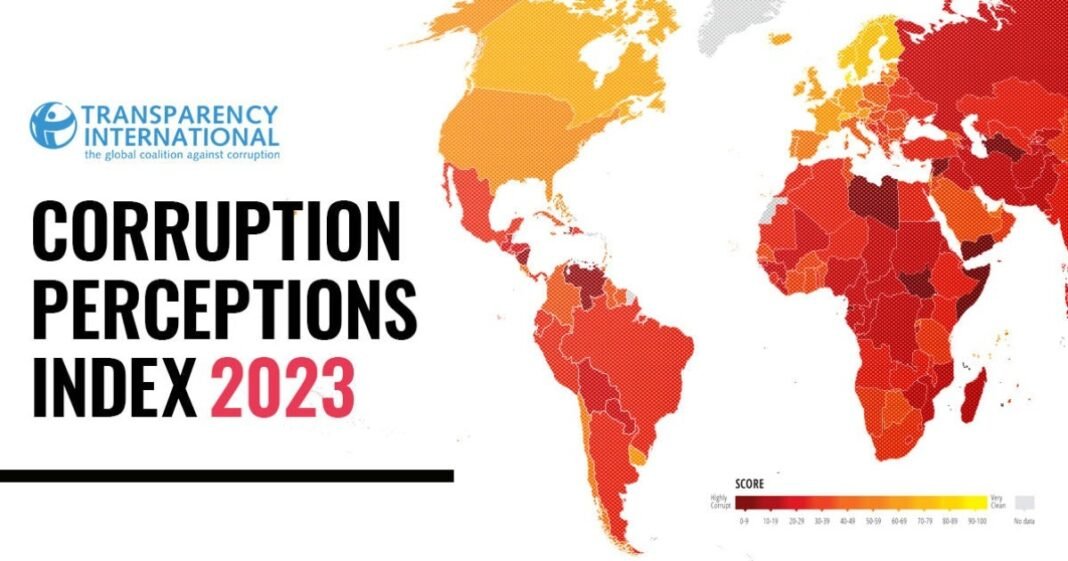In an era where information is at our fingertips, yet the truth often seems shrouded in shadows, the global fight against corruption has emerged as a beacon of hope for many. Corruption, a term that often conjures images of backdoor deals and the unethical exchange of resources for personal gain, affects societies at all levels, undermining democratic institutions, slowing economic development, and contributing to governmental instability. This blog post delves into the intricacies of corruption, the efforts underway to combat it, and why this battle is crucial for the future of global governance.
Understanding Corruption
At the heart of corruption lies the misuse of power entrusted for personal advantage.
This can range from a small-scale act of a local official accepting bribes to grand corruption in the highest levels of government, involving significant sums of money and major impacts on national policies and governance.
The Ripple Effects of Corruption
The consequences of corruption are far-reaching and multifaceted. Economically, it deters investment and growth, eroding public finances and exacerbating inequality. Socially, it erodes trust in institutions and leaders, fueling frustration and disenchantment among the populace. Politically, it can destabilize governments and undermine the rule of law, paving the way for authoritarian practices.
The Fight Against Corruption
Global Initiatives and Agreements
The global fight against corruption has seen the formation of international agreements such as the United Nations Convention against Corruption (UNCAC), which promotes measures to prevent corruption, criminalize certain conducts, and foster international cooperation and asset recovery. Various organizations, including Transparency International, play a pivotal role in advocacy and monitoring, pushing for greater transparency and accountability.
National Strategies
On the national front, countries are adopting comprehensive anti-corruption strategies. These include enhancing transparency in government procurement, implementing strict conflict-of-interest policies, and empowering anti-corruption agencies and watchdogs. Technology, particularly blockchain, is being harnessed to improve record-keeping and reduce opportunities for corruption.
The Role of Society
The fight against corruption is not the sole domain of governments and international bodies. Civil society, the media, and individuals play crucial roles. From investigative journalism that exposes wrongdoing to grassroots campaigns that demand accountability, societal engagement is key to sustaining pressure on institutions to uphold integrity and transparency.
Challenges Ahead
Despite significant progress, challenges remain. Political will, often influenced by vested interests, can wane. Legal and institutional frameworks may lack the teeth to enforce compliance or punish. Furthermore, in a rapidly globalizing world, the international dimension of corruption, involving cross-border flows of illicit funds, requires enhanced cooperation and coordination among nations.
Conclusion
Corruption is a complex issue that necessitates a multifaceted and persistent approach. The global fight against corruption is pivotal not only for the sake of economic efficiency and political stability but also for the broader pursuit of justice and equity. By continuing to foster international cooperation, strengthen legal frameworks, and encourage societal participation, the world can make significant strides in eradicating the scourge of corruption.
FAQs
What is the most effective way to combat corruption?
While there’s no one-size-fits-all solution, a combination of strong legal frameworks, transparent governance, public accountability, and active civil society is critical for combating corruption.
How does corruption affect economic development?
Corruption distorts markets, deters investment, and allocates resources inefficiently, all of which hamper economic development and growth.
Can technology help in fighting corruption?
Yes, technologies like blockchain can enhance transparency and reduce opportunities for corrupt practices by improving record-keeping and securing data integrity.
What role do international organizations play in combating corruption?
International organizations set standards, facilitate cooperation, provide a platform for dialogue, and sometimes assist in the recovery of stolen assets, playing a crucial role in the global fight against corruption.
How can individuals contribute to the fight against corruption?
Individuals can promote transparency and accountability by staying informed, demanding integrity from leaders, supporting anti-corruption movements, and using their voting power to effect change.
In the end, the battle against corruption is a collective endeavor that requires the concerted effort of individuals, societies, and nations across the globe.
